Industries that already use VR
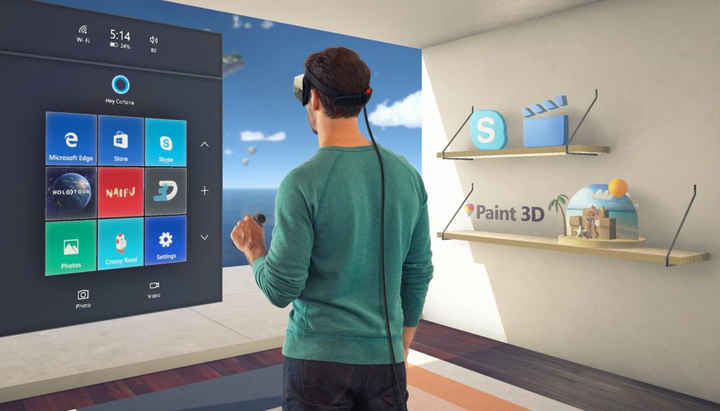

Online broadcasting in VR, visualization of historical events and movie creation will provide the full immersion effect and raise the awareness of people on important ongoing world events.
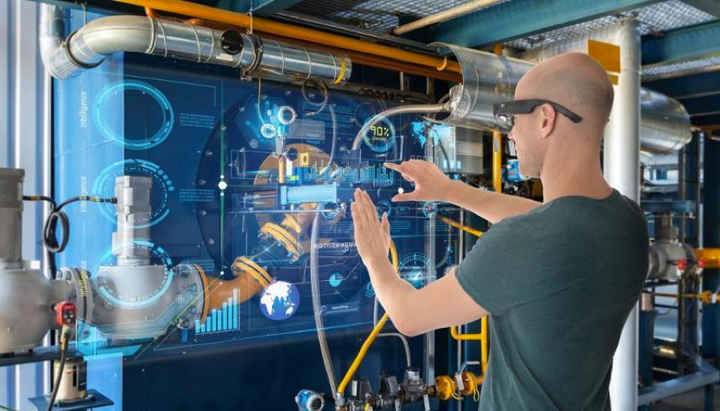

Energy industry uses VR-systems for professional education of employees. Simulation of equipment operation process allows workers to learn more about working environment and get information on possible deficiencies of the system.
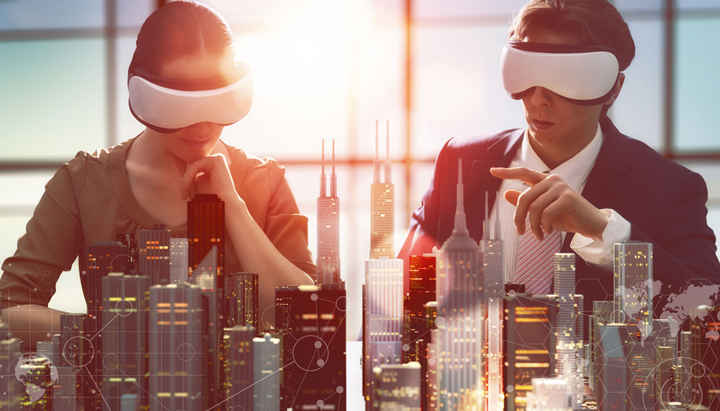

VR use in the construction sphere envisages visualization of the whole urban area within urban planning process. Virtual models are being created in accordance with technical plans, drawings and pictures.
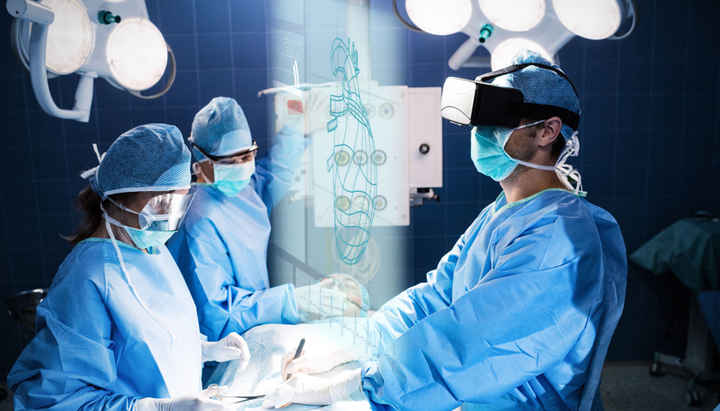

Interactive 3D models and digitized complicated surgeries in VR will allow a class full of people to observe the whole process up close and at the same time will raise the quality of medical education, while specific rehabilitation programs aiming at phobias and post-traumatic stress disorders treatment will raise the effectiveness of the process.
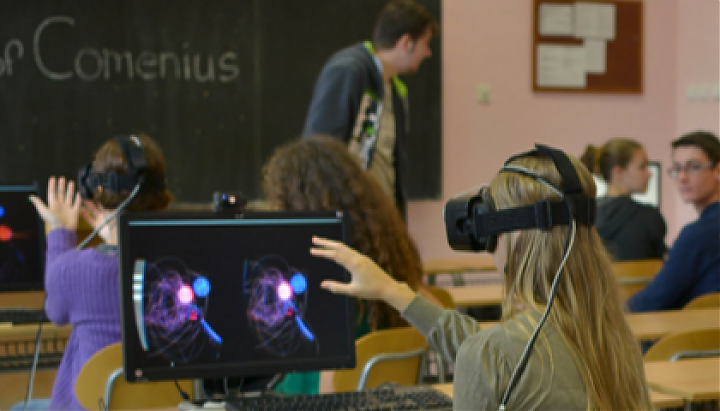

Virtual reality can provide the best learning conditions starting from a virtual classroom where teachers can visualize any historical event, interpret art and literature, hold practical classes without any fear of accidental traumas and finishing with remote learning.
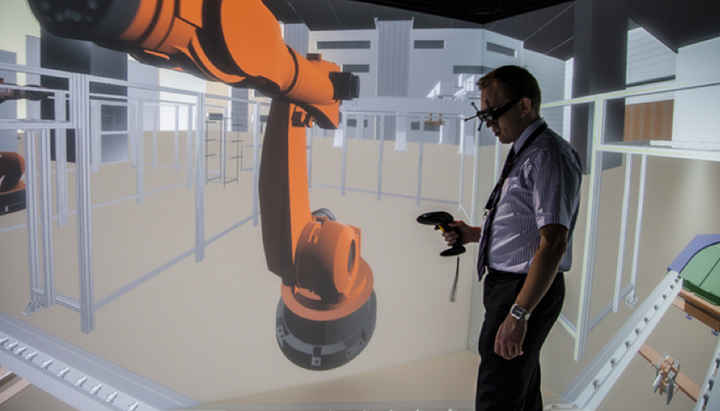

Virtual reality in manufacturing can be used for employee trainings while introducing workers with the equipment without using the expensive materials and simulating emergency environments. It can quicken the process by implemented real-time modeling and presenting together with advanced tasks.
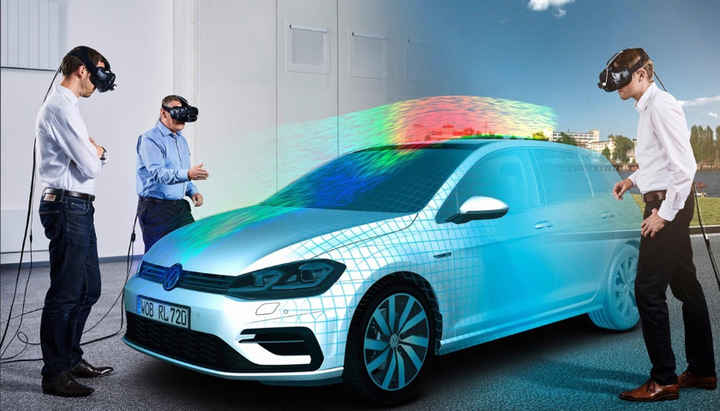

Transport industry can use VR not only for visualized 3D models or even roadmaps for presentations, but also for more accurate cost calculation when planning a trip for different cargos. Realistic driver trainings without spending real materials for that will drastically advance driver’s skills.
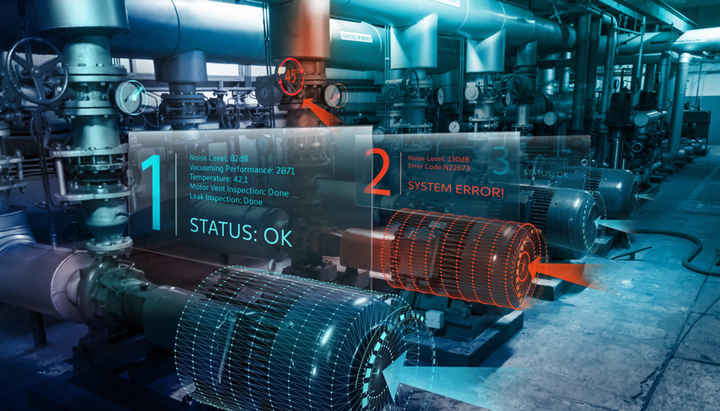

Virtual prototyping is one of the main advantages of VR technology for light and heavy industry. Realistic digital mockups allows not only to investigate the object from different angles but also reduce the time spent on their creation.
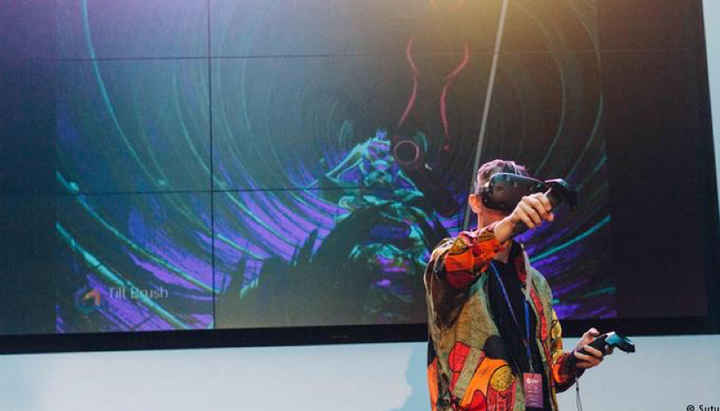

The combination of art and VR technology make the whole process of art perception more impressive and emotional than one can imagine. Appear inside the favourite painting, see the favourite song or follow the intimate process of art creation
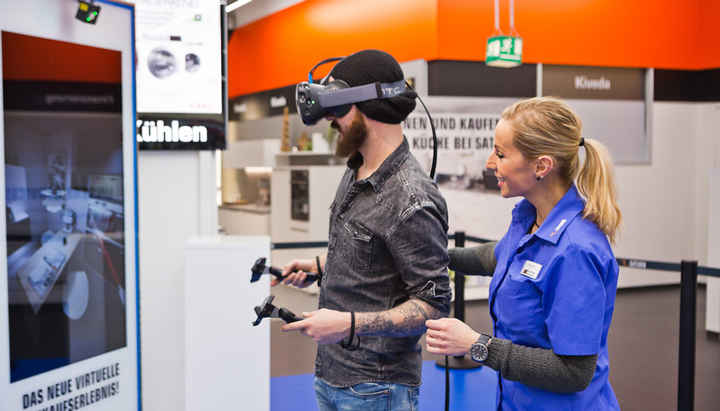

Virtual reality will contribute a lot to the development of various web-based platforms whether it is an online store or online auction. Apart from that, virtual advertising campaigns, virtual interactive presentations and virtual fitting rooms with smart assistants will attract customers and provide increase in sales.
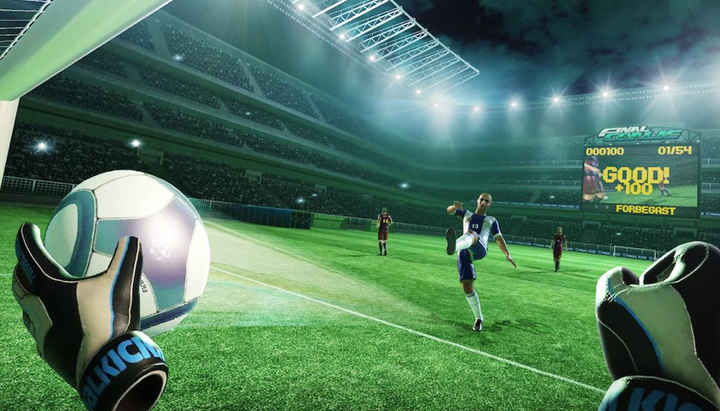

VR technology introduce a new vision of sport trainings. Gamification of workout in conjunction with machine learning technology will ensure fascinating experience and tasks changing according to existing skills. Realistic VR trainings will not only help sportsmen to adapt to new conditions and cope with stress.
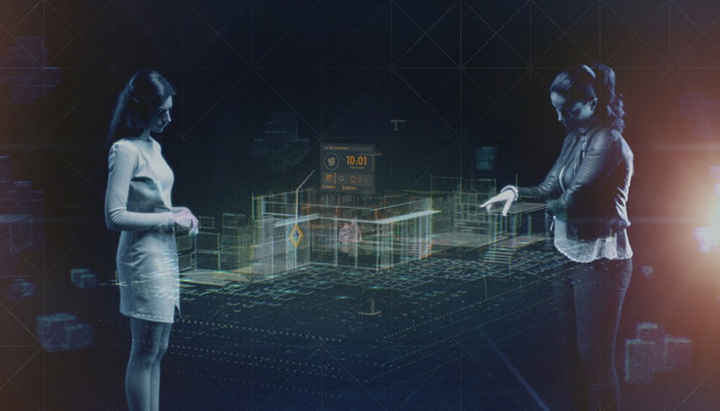

Virtual reality highly increases the level of exterior and interior design perception what allows to avoid any misunderstandings in the construction process and ensure the exact visualization of the client needs.
